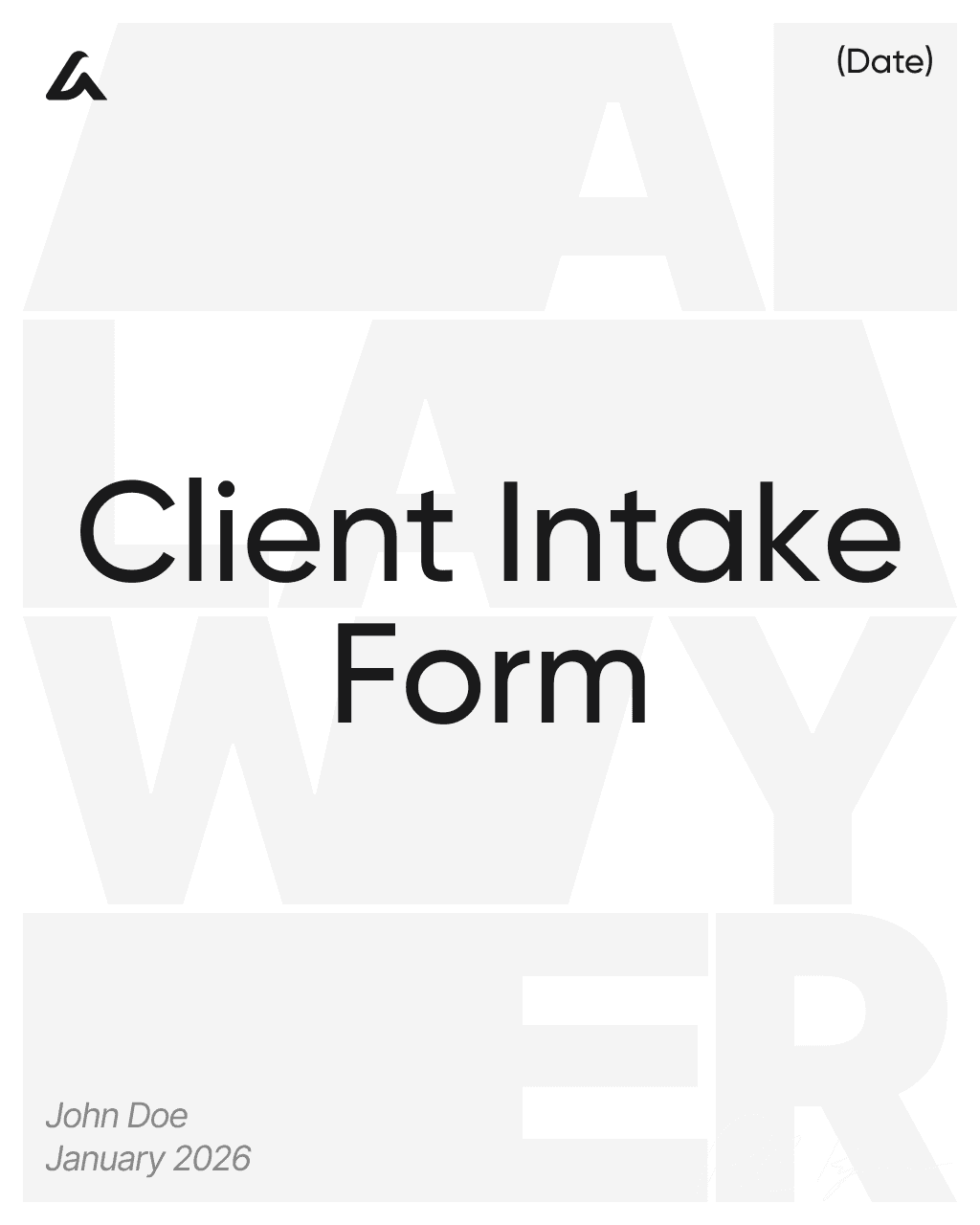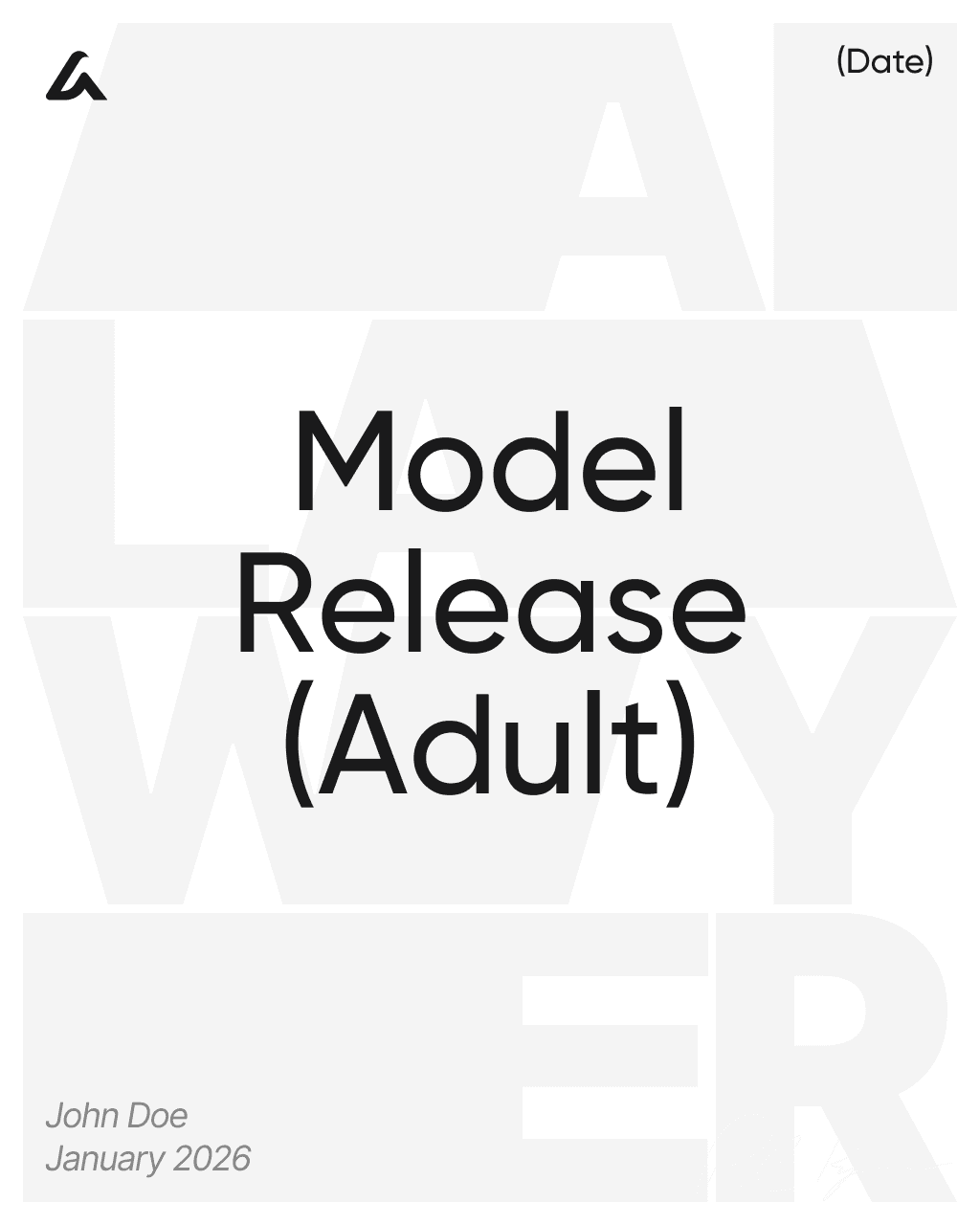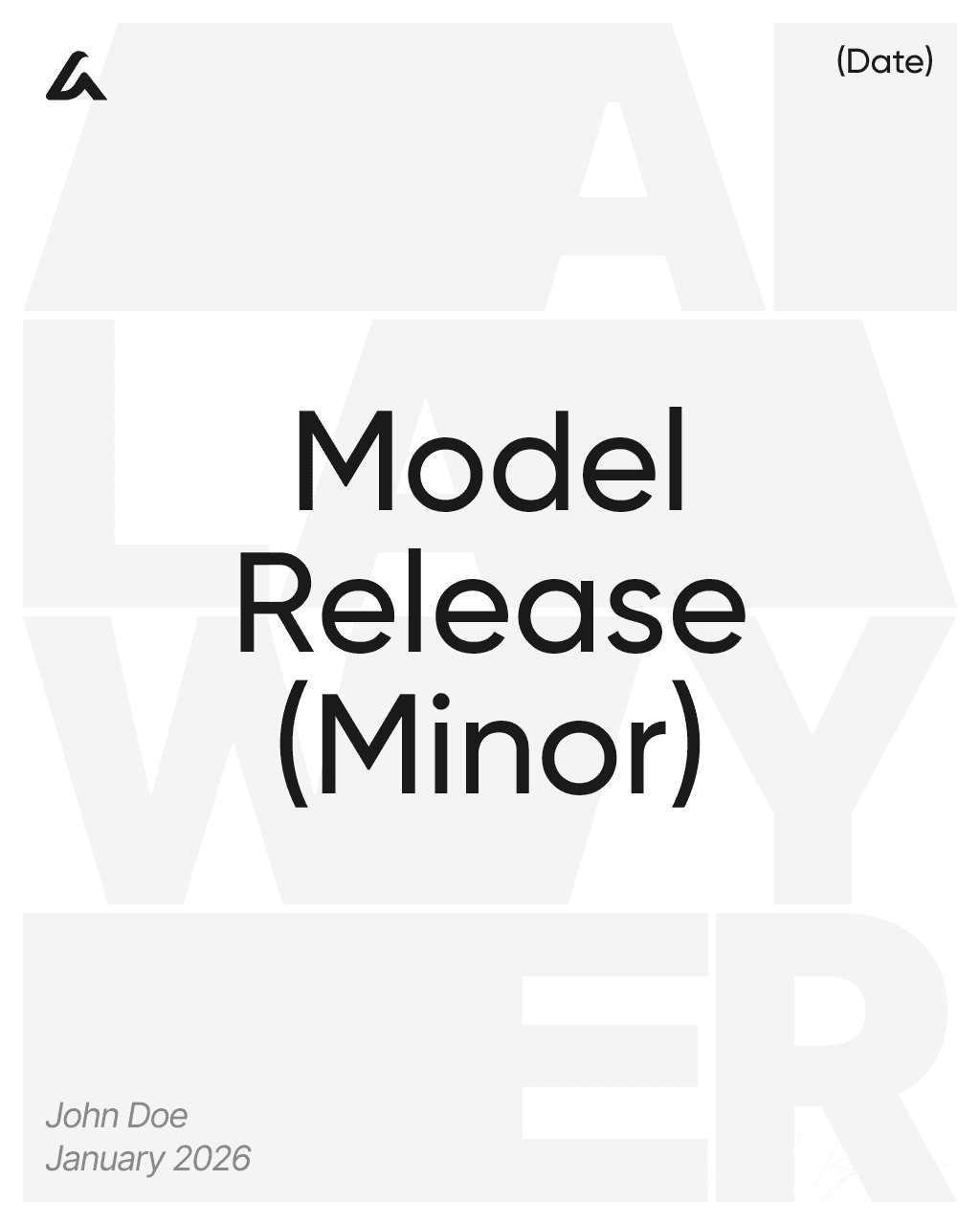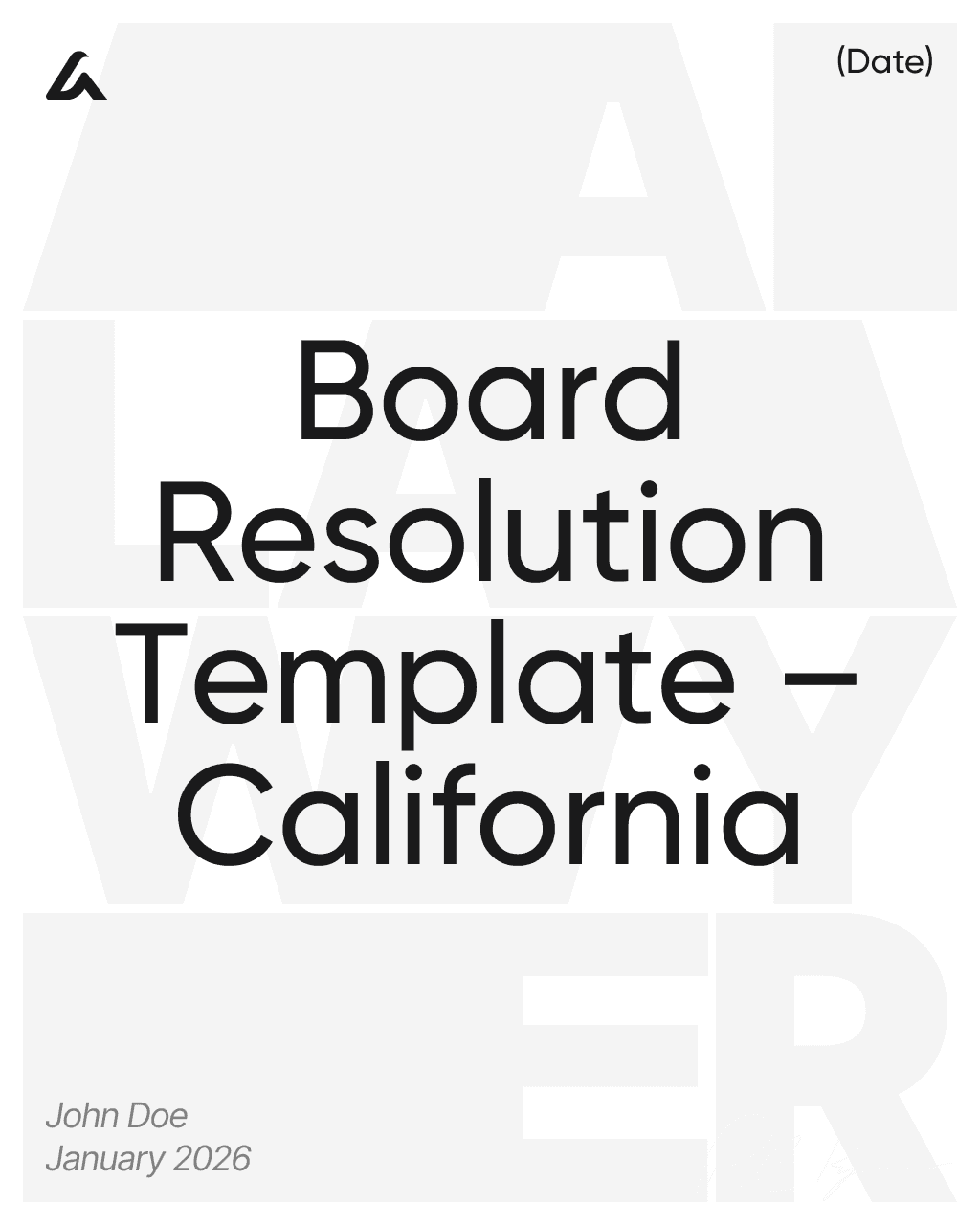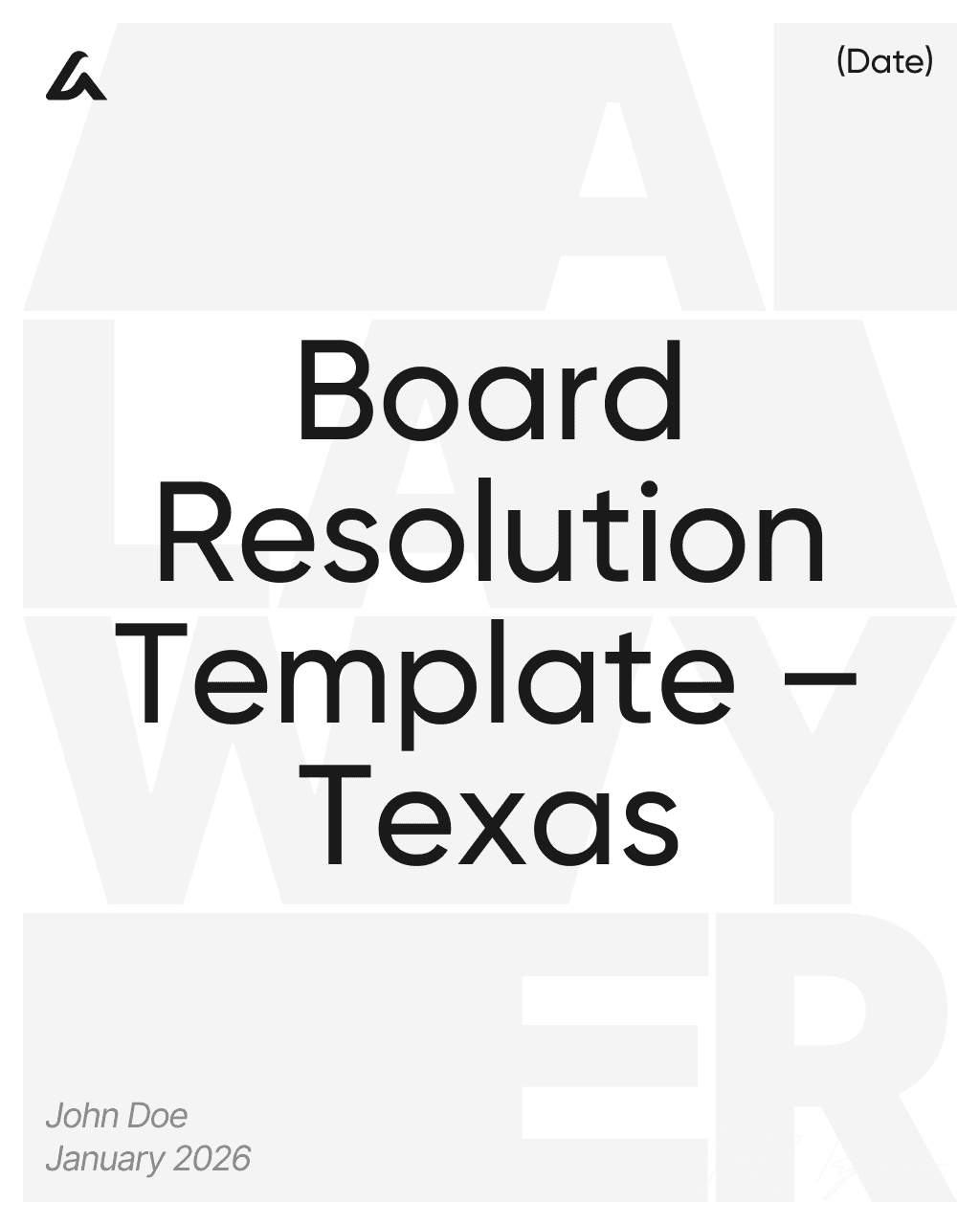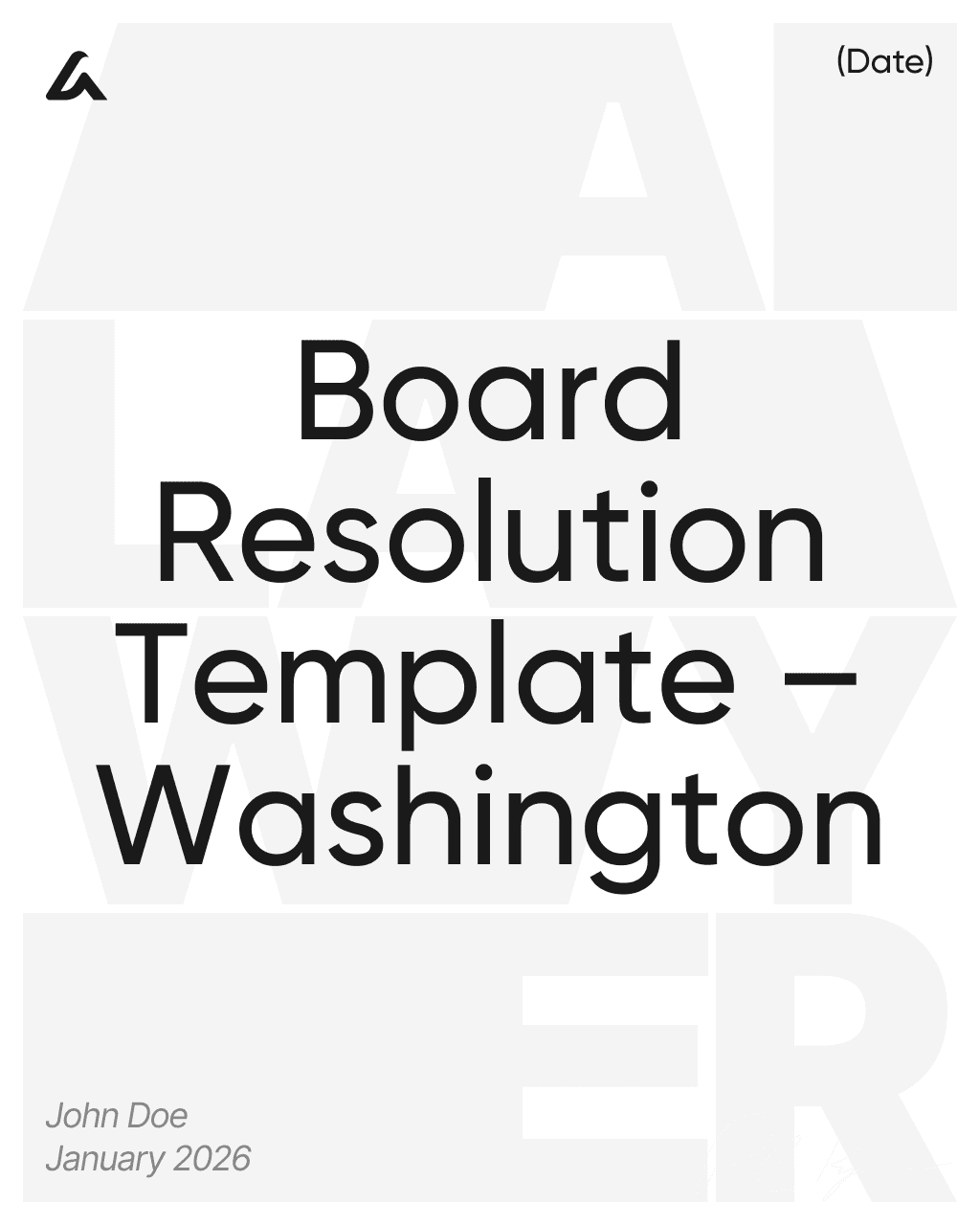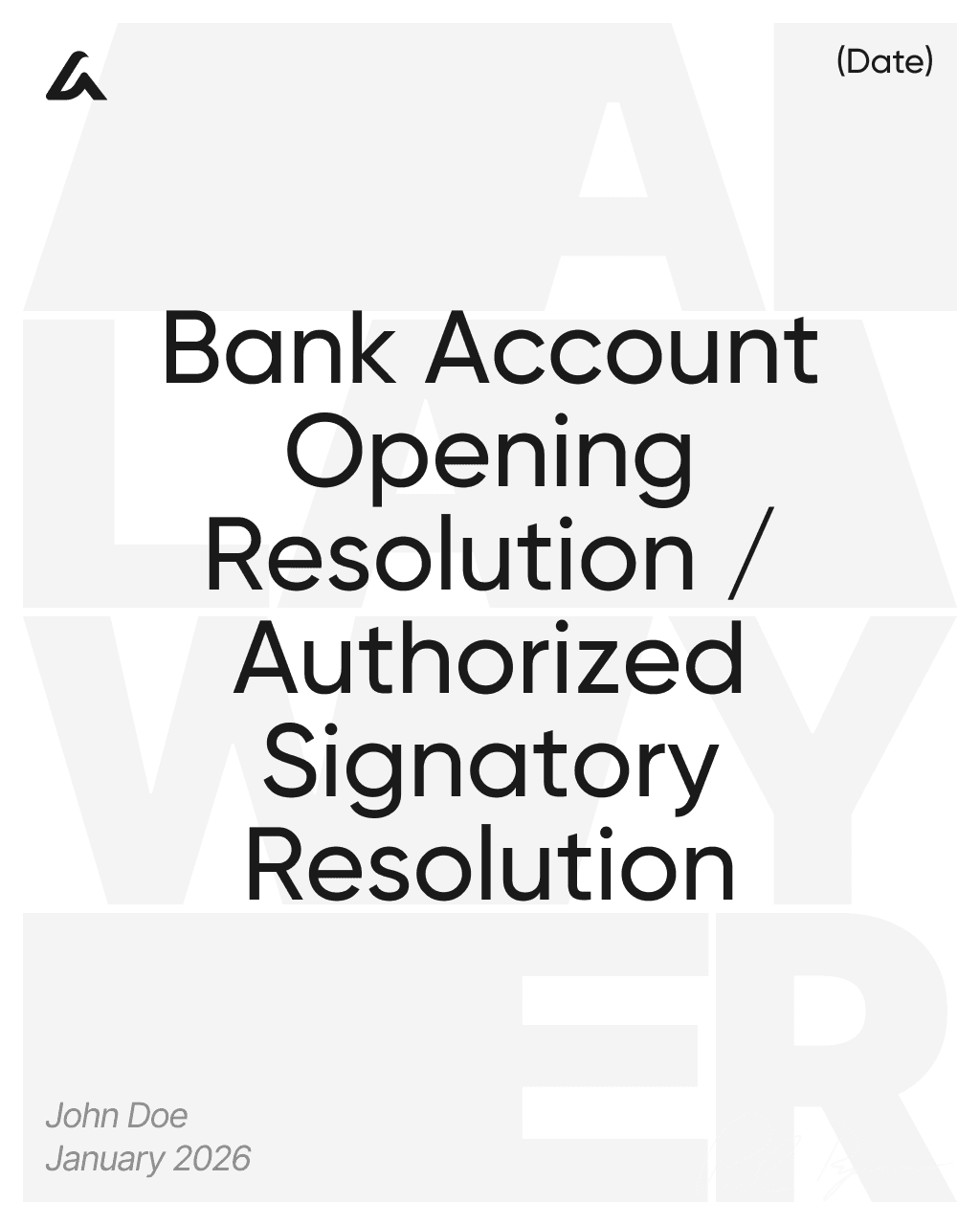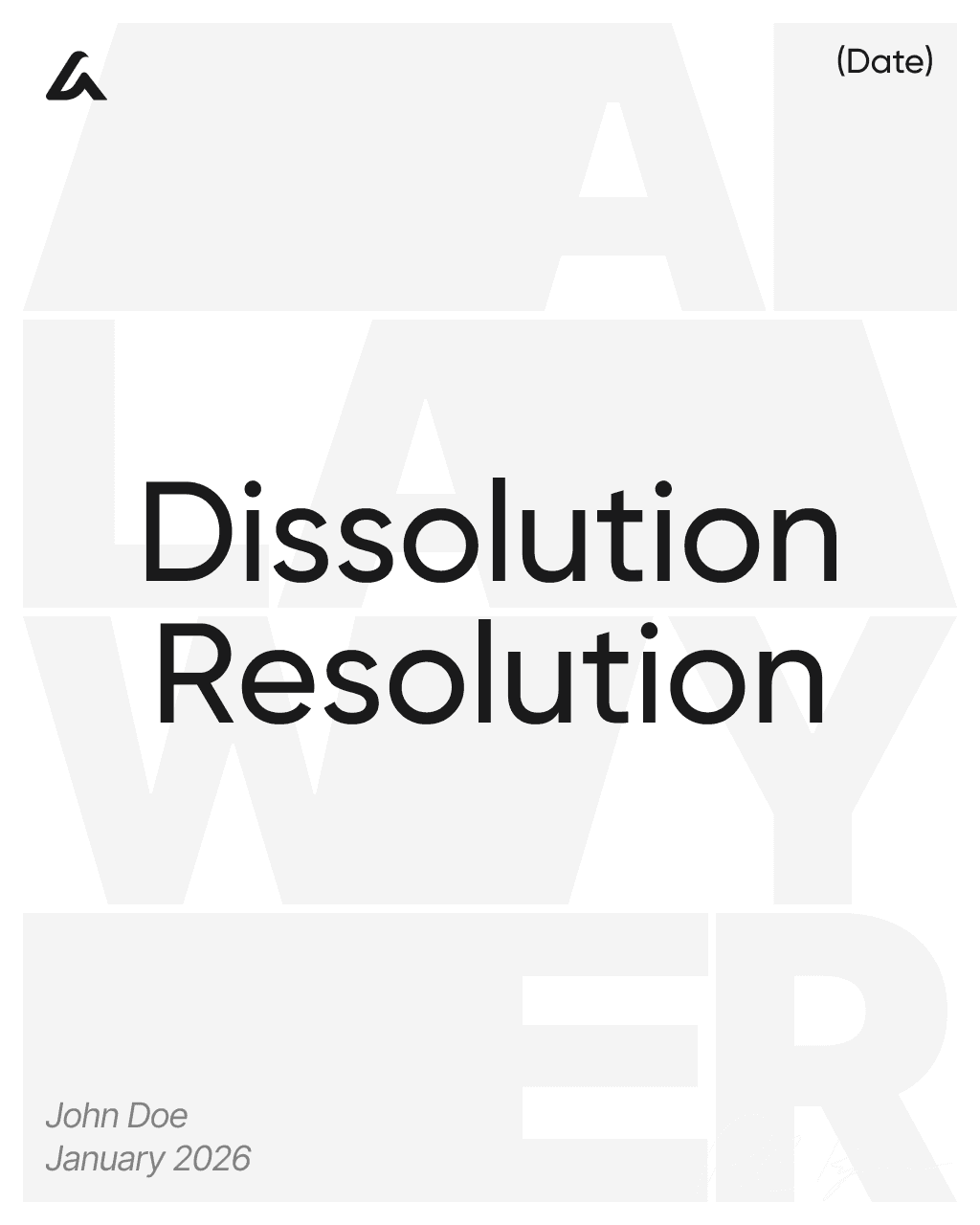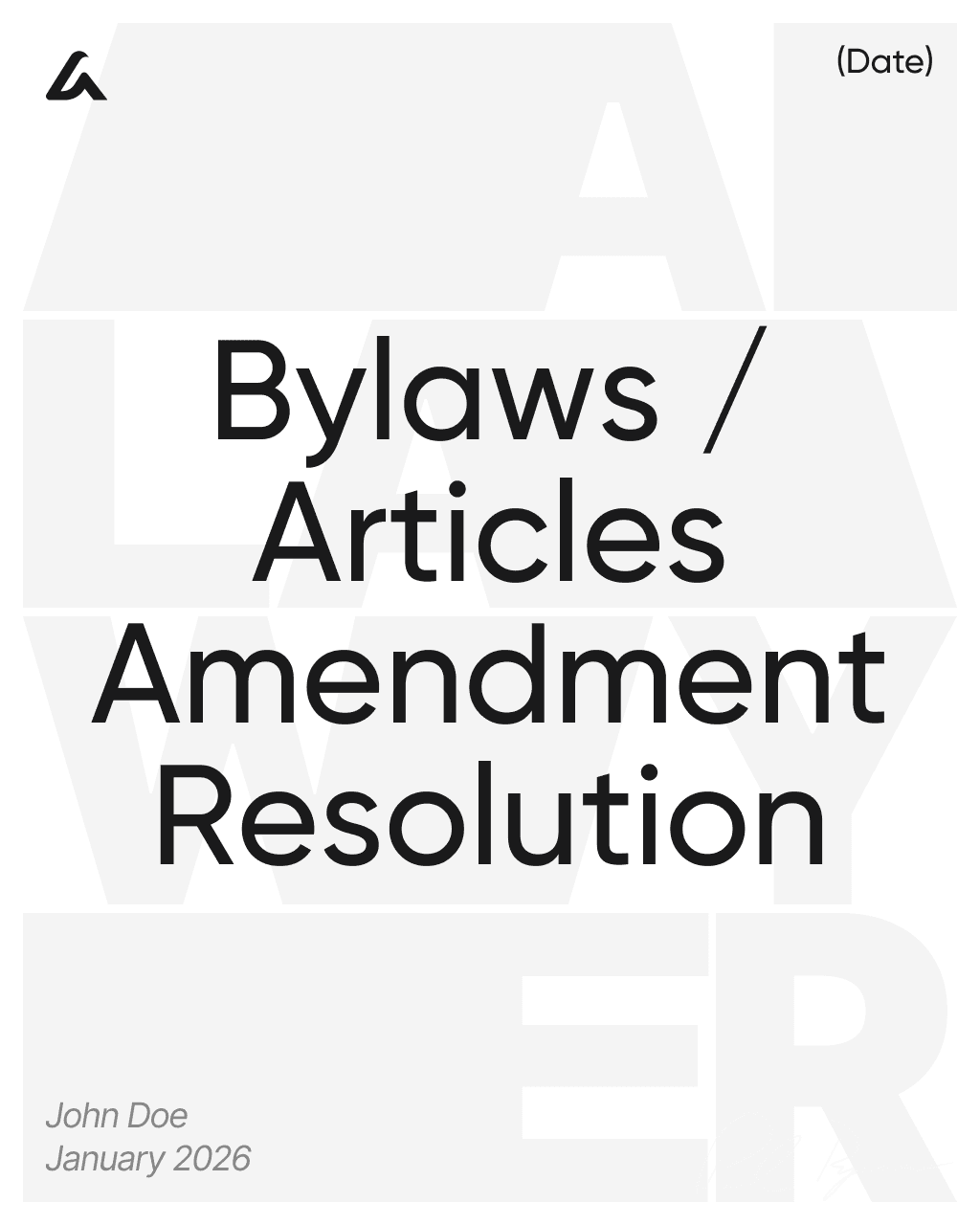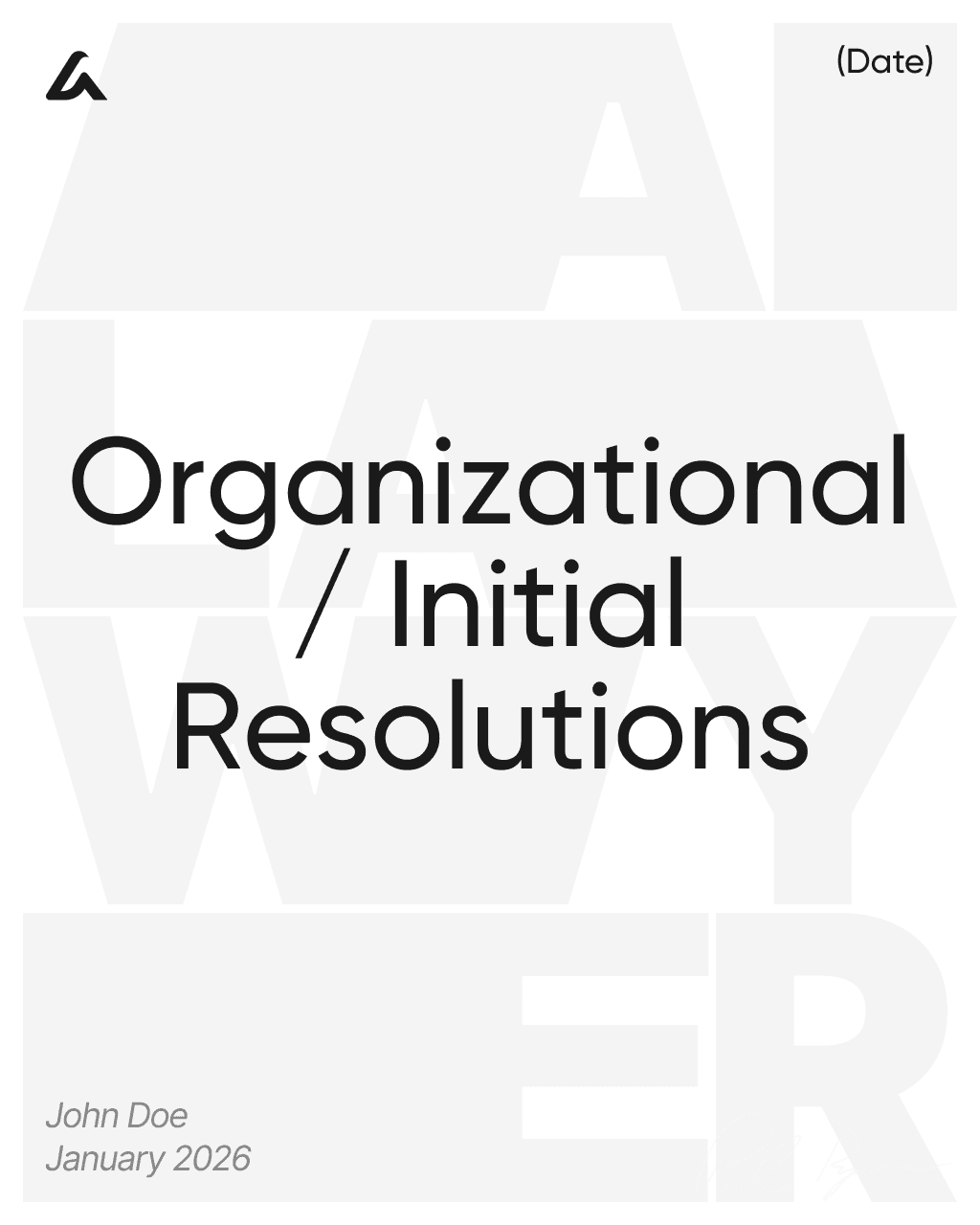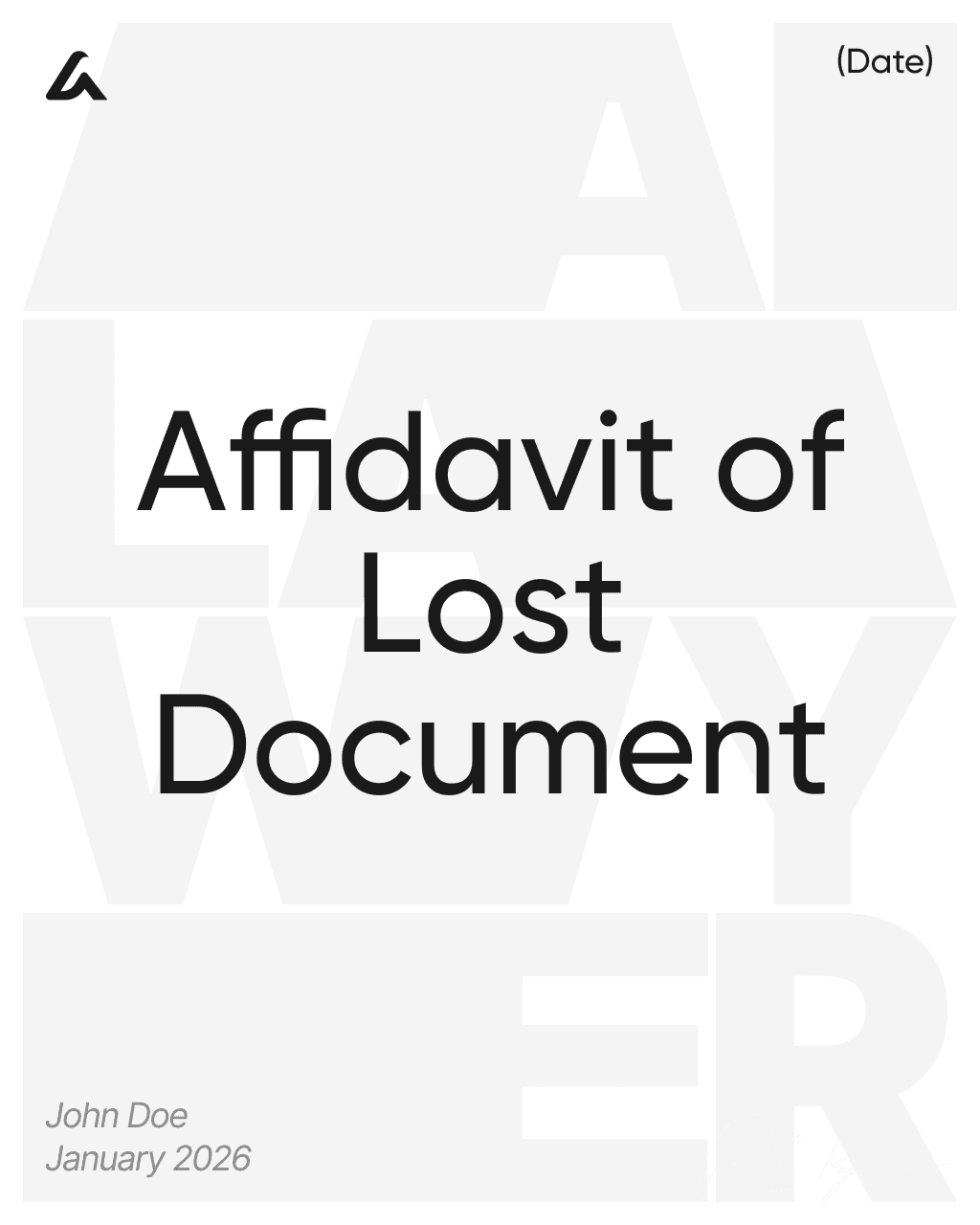Free template
Sworn Statement Template: Affidavit Form & Notary Official Illinois
Declare facts under oath clearly and professionally with this Sworn Statement Template.
Downloaded 2970 times
Sworn Statement Template: Affidavit Form & Notary Official Illinois
Download template
Sworn Statemen
I, [Full Legal Name], of [Address], being duly sworn, do hereby declare and state under oath the following:
1. Declarant Data
Full Name: [Full Legal Name]
DOB: [MM/DD/YYYY]
Address: [Full Address]
ID (if applicable): [ID/Passport]
2. Purpose of Sworn Statement
This statement documents facts relevant to [describe proceeding/claim/filing].
3. Organized Facts
The facts are set out in numbered paragraphs for easy reference. Each item reflects personal knowledge unless noted as based on records.
4. Exhibits and Business Records
I reference [contracts, invoices, logs] as business records maintained in the ordinary course. True and correct copies are attached or available on request.
5. Consistency and Clarifications
Where uncertainty exists, I indicate the basis of my understanding and avoid speculation.
6. Perjury Statement and Signature
I declare under penalty of perjury that the foregoing is true and correct.
7. Execution
Signed this [Day] of [Month, Year], at [City, State/Country].
Declarant Signature: _______________________________
Printed Name: ___________________________________
Notary / Authorized Officer Acknowledgment
On this [Day] of [Month, Year], before me, [Name of Notary/Officer], personally appeared [Declarant’s Full Name], known to me (or satisfactorily proven) to be the individual who executed the foregoing Sworn Statement, and acknowledged it to be true and correct.
Notary / Officer Signature: __________________________
Printed Name: ____________________________________
Commission No.: _________________________________
My Commission Expires: ___________________________
Flash deal
Flash deal
Today
Today
No time to fill it up? Generate your custom agreement with AI Lawyer in seconds
What’s Included
Legal Research
Legal Research
Legal Research
Contract Drafting
Contract Drafting
Contract Drafting
Document Review
Document Review
Document Review
Risk Analytics
Risk Analytics
Risk Analytics
Citation Verification
Citation Verification
Citation Verification
Easy-to-understand jargon
Easy-to-understand jargon
Easy-to-understand jargon
Details
Learn more about
Sworn Statement Template: Affidavit Form & Notary Official Illinois
Click below for detailed info on the template.
For quick answers, scroll below to see the FAQ.
Click below for detailed info on the template.
For quick answers, scroll below to see the FAQ.
Illinois Sworn Statement FAQ
What is a Sworn Statement?
A Sworn Statement is a written document in which a person formally declares that the information they are providing is true. It is commonly used in legal or official matters where factual accuracy is important — such as insurance claims, disputes, investigations, or court-related filings. The individual signs the statement and confirms that it is made under penalty of perjury, meaning they can face legal consequences if any part of it is knowingly false.
When to use a Sworn Statement?
A Sworn Statement is used when written, truthful testimony is needed without the person having to appear in court. It is commonly requested in situations such as insurance claims, workplace incidents, background checks, financial disclosures, property disputes, and law enforcement investigations. The statement serves as legally reliable evidence because the signer confirms the information under penalty of perjury, making it a suitable option when timely and documented facts are required.
What should be included in a Sworn Statement?
A Sworn Statement must clearly present truthful information and identify who is making the declaration. To ensure it is valid and useful, it should include:
The declarant’s full legal name and contact information:this confirms the identity of the person making the statement and provides a way to reach them if clarification is needed.
A clear and detailed statement of facts: the content should explain what happened, when, where, and who was involved. Facts must be specific, accurate, and based on personal knowledge rather than opinions.
Relevant dates, locations, and supporting context: including precise details strengthens credibility and helps avoid misunderstandings or disputes later.
A penalty-of-perjury declaration: this clause acknowledges that the declarant understands they can face legal consequences if the statement is false or misleading.
The declarant’s signature and the date of signing: signing confirms the statement is complete and truthful at the time of execution.
When does a Sworn Statement hold legal effect in Illinois?
In Illinois, a Sworn Statement becomes legally effective when the person signs it and includes a declaration confirming its truthfulness under penalty of perjury. Notarization is generally not required unless a court or agency specifically requests it. Once properly completed, it can be used as supporting evidence in legal or administrative proceedings.
What is the penalty for lying in a Sworn Statement?
Lying in a Sworn Statement is considered perjury, which is a criminal offense. Because the signer declares the information to be true under penalty of perjury, providing false information can lead to fines, criminal charges, and potential jail time. The severity of the penalty depends on the jurisdiction, but perjury is commonly treated as a misdemeanor or felony, especially if the false statement was used in a legal or court-related matter. In addition to criminal consequences, the person may also face civil liability if their false statement causes harm or financial loss to another party.
Similar templates
Other templates from
Business Document
Money back guarantee
Free trial
Cancel anytime
AI Lawyer protects
your rights and wallet
Money back guarantee
Free trial
Cancel anytime
AI Lawyer protects
your rights and wallet
Money back guarantee
Free trial
Cancel anytime
AI Lawyer protects
your rights and wallet
Money back guarantee
Free trial
Cancel anytime














































